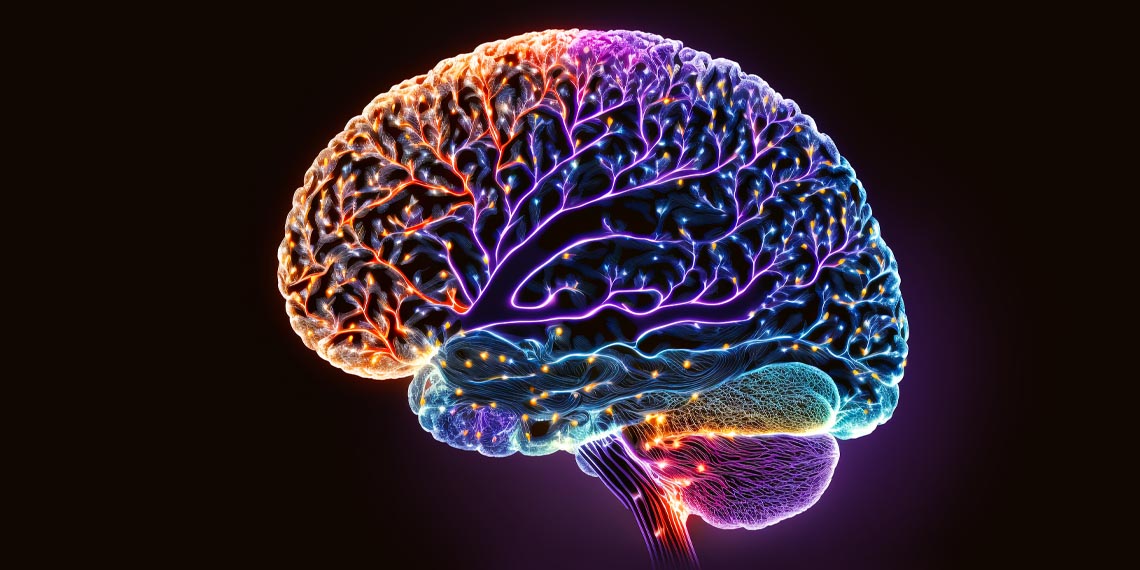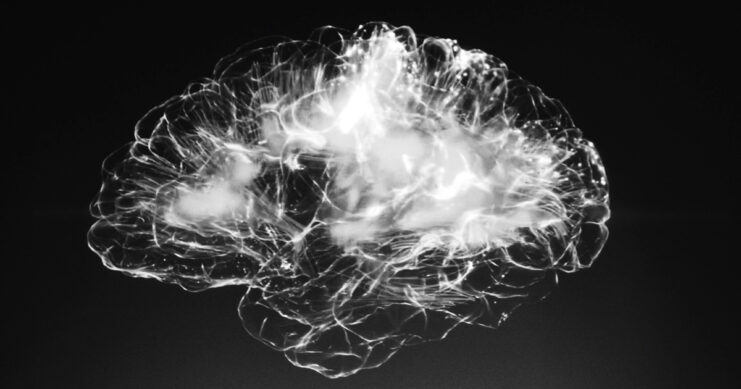Gambling has always been a topic of intrigue and fascination, but it is only recently that scientists have started to explore the brain reactions behind it. Betting on Neurology: Exploring the Brain Reactions During Gambling delves into this fascinating area of science by examining how gambling affects people’s brains.
By looking at various studies and research, this article examines both the positive and negative effects that gambling can have on individuals as well as their neurological responses. From exploring risk-taking behavior to understanding how dopamine impacts decision-making, Betting on Neurology provides an in-depth look into one of the most intriguing aspects of human behavior.
Gambling and the Brain: Examining Neural Activity in Betting
Gambling has long been considered a game of chance, with the outcome determined by luck rather than skill. However recent research is beginning to shed light on how our brains are involved in gambling decisions and how they can influence our behavior when it comes to betting.
By examining neural activity during gambling situations, scientists are discovering new insights into how we process information related to risk and reward when faced with decision-making opportunities involving potential losses or gains. This article will explore the brain reactions occurring when individuals place bets at casinos and other forms of gambling establishments, as well as analyze the implications that this type of research may have for those who suffer from problem gambling disorders.
Additionally, will look at what these findings could mean for developing more effective strategies for preventing problem gambling behaviors before they start.
Analyzing Cognitive Processes During Gambling Behaviors

Analyzing cognitive processes during gambling behaviors can provide valuable insight into the underlying neurological mechanisms of betting and decision-making. Through examining brain reactions while gambling, researchers have identified regions of the brain that are involved in risk assessment, reward anticipation, and emotional regulation.
By applying neuroscience principles to understand how people gamble, scientists can develop more effective treatments for problem gamblers as well as strategies to improve responsible gaming behavior. Additionally, understanding neural pathways associated with gambling will help us better comprehend our biological predispositions toward certain activities like sports betting or playing slot machines.
Ultimately, these findings will lead to an improved comprehension of human behavior and a greater understanding of how we make decisions when it comes to gambling.
The Neurobiology of Risk-Taking: How Does the Brain React to Betting?
The neurobiology of risk-taking and gambling is a fascinating area for exploration. Understanding how the brain responds to betting can provide insight into how humans make decisions in uncertain situations.
It also sheds light on why some people may be more prone to taking risks than others. Recent research has shown that when engaging in gambling activities, regions of the brain associated with reward and pleasure are activated more strongly than normal, indicating that these activities may induce a sense of euphoria or thrill in certain individuals.
Meanwhile, other areas such as the prefrontal cortex which helps regulate decision-making processes become less active during this time. This suggests that risk-takers may be overriding their natural impulse control mechanisms while engaged in betting activities.
Furthermore, studies have revealed differences between male and female brains related to risk-taking behavior; males tend to activate reward circuits more quickly while females take longer and are more likely to experience negative emotions associated with potential losses from gambling activities – reinforcing gender stereotypes about differing approaches towards risky behavior between men and women. As scientists continue researching the neurological basis behind different types of risk-taking behaviors it will become increasingly clear how our brains influence our decisions when faced with uncertain outcomes like those found in gambling scenarios.
Investigating Reward Pathways in Gamblers’ Brains

Gamblers are driven by a complex network of neurological pathways that underlie their behavior. While scientists and researchers have long sought to better understand why some individuals are prone to gambling, new research suggests that investigating reward pathways in gamblers’ brains may provide useful insight into the issue.
By studying brain activity while gamblers engage in tasks related to betting, neuroscientists hope to gain an understanding of how behaviors associated with gambling manifest neurologically. Utilizing advanced imaging techniques such as fMRI scans, EEGs, and PET scans, researchers can observe the areas of the brain responsible for pleasure-seeking and risk-taking – including those involved when an individual wins or loses money while engaging in activities like sports betting or casino games.
Furthermore, these same methods allow us to investigate any potential differences between pathological gamblers and recreational ones. With this knowledge at hand, we can begin developing strategies aimed at minimizing problem gambling behavior before it takes hold on vulnerable populations – providing a means towards greater mental health across society as a whole.
Decoding Neurological Patterns of High-Stakes Gambling
The understanding of neurological patterns associated with high-stakes gambling has become increasingly important in recent years. Through examining the brain reactions during gambling activities, researchers have been able to gain insight into why certain individuals are more prone to risk-taking than others.
By delving further into this field of study, scientists hope to be able to better identify and understand the biological processes that underlie risky behavior and devise interventions accordingly. Using a combination of sophisticated imaging techniques such as MRI and EEG scans, researchers can measure changes in areas associated with reward processing at different stages throughout a game or series of bets. This allows them to pinpoint how an individual’s decision-making is affected by external factors such as payout potential or social pressures from other players around them.
In addition, studies also suggest that there may be a genetic predisposition towards impulse control and risk aversion which could help explain why some people gamble excessively while others do not. By exploring these links between genetics and risk-seeking behaviors, scientists can begin creating tailored treatment plans for problem gamblers that address their individual needs rather than relying on one-size-fits-all solutions.
Ultimately it is hoped that through decoding the neurological patterns behind high-stakes gambling we will gain greater knowledge about human psychology which can then inform future research topics within this field as well as aid policymakers when crafting regulations regarding gaming activities within society today.
Conclusion

Gambling is a complex process that involves the brain reacting to numerous emotions, motivations, and expectations. It can be an exciting experience but also one with risks if not approached carefully.
Exploring the science behind gambling by delving into neurology can help us gain insight into how our brains respond to these activities. By understanding more about neural pathways and their influence on decision-making, we can better equip ourselves to manage our behavior when it comes to gambling responsibly at places like https://www.kingjohnnie.live/en/. Ultimately, exploring the neurological impact of gambling has many benefits for both players and researchers alike and should be further investigated to improve safer play habits in years ahead

